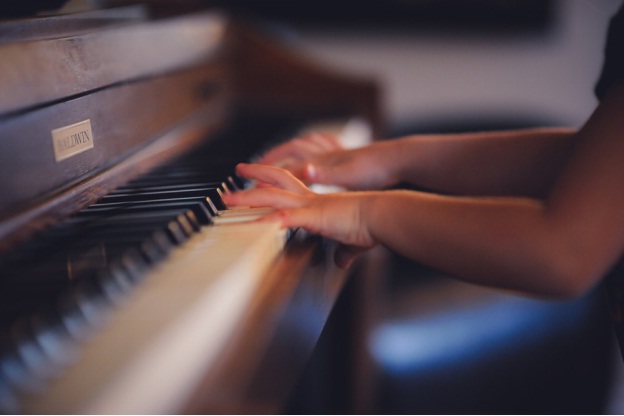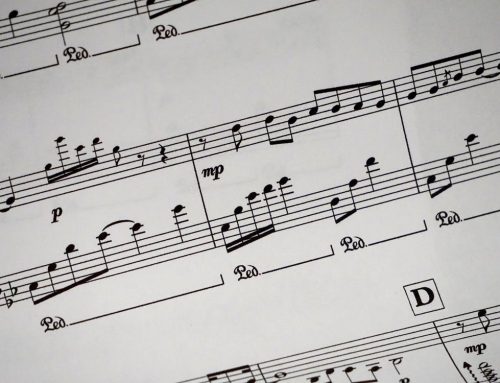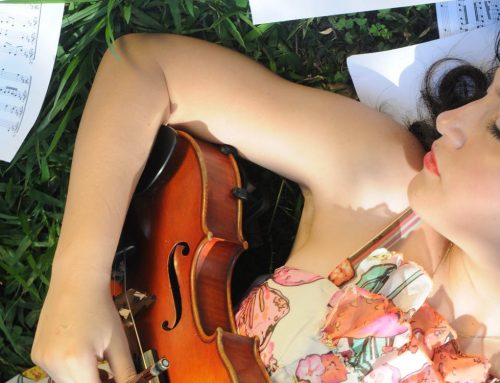Plato once stated;
“I would teach children music, physics, and philosophy; but most importantly music, for the patterns in music and all the art are the keys to learning”
Music is a great way for kids to explore their hidden abilities. Learning to play the piano can help kids with spatial and standard cognitive development.
In, addition it can help with concentration and hence improve overall performance.
First piano lessons for kids are designed as series of short exercises disguised as games. Toddlers or young kids shouldn’t be expected to sit on a bench for the class duration learning difficult notes. Here is what you can do to make this experience worthwhile:
Keep Them Motivated
Playing piano requires a lot of patience and time. It is important to keep your child motivated and interested with fun and exciting trainings. If your child is too young to practice, give them time to develop a certain level of understanding before they can start practicing.
Find a Right Teacher
If your child is learning at home, finding a right teacher is essential. Their teaching and experience is all well and good on paper, but to actually have your kid be interested in learning, their personality should complement that of the child’s.
Start With the Basic
Thinking that your child will be able to start playing Twinkle Twinkle within a week or two is simply wishful thinking. There is more to learning music than meets the eye. There is a whole world of music theory to understand. Start the lesson from the basics, including the note ranging from G to F.
Indulge In Fun Activities
Making piano learning all about learning and no fun will leave your child demotivated.
Instead, make the whole learning experience fun with learning activities such as Speed Competition which helps children handle all 7 notes efficiently, or Finger Exercise which gives children enough command to be able to play each notes independently. .
Also you ask your child which song or poem is their favorite and teach them to learn notes from that only, this will keep them interested.
It is important to understand that every child is unique; each has a different way of processing. It’s important to indulge children in different exercises according to their personal preference, such as guess the song, rhythms, sing along exercise, etc. You should plan your lessons in a way to keep your child continuously interested.
Let your child explore the keyboard and let them learn in their own capacity by creating new musical notation or practice the old ones.
Practice makes perfect!
Motivate your child to daily practice. This can help your child develop sharp musical instincts. Try Music Jotter to unleash that music hidden away in your heart.






